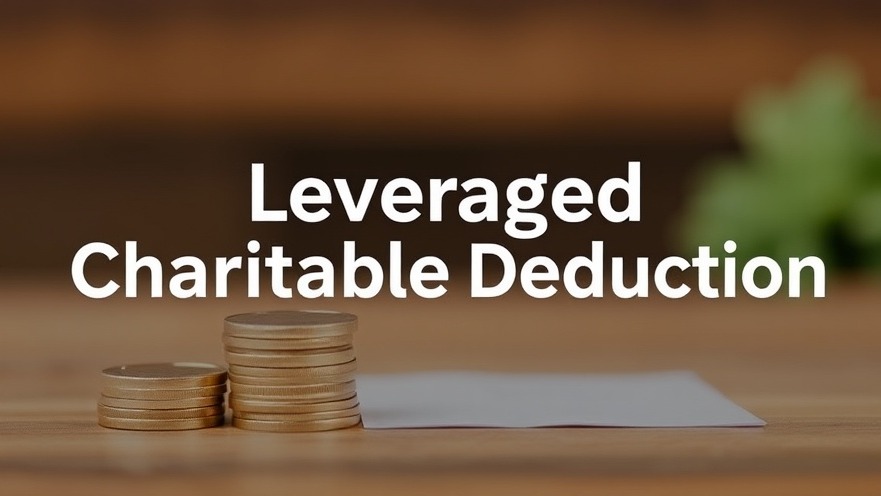As we kick off today's discussion, we'll dive into charitable strategies, specifically focusing on charitable deductions and LLCs. These are two distinct tactics, each with its advantages and purposes.
It's imperative to clarify the unique aspects and applications of each strategy. A shared misconception is that they are one combined strategy. But no, they are two separate ones. Whether we address these strategies individually or in one video is a matter for further deliberation. However, it is crucial to articulate their differences and connections for our audience's understanding.
Our aim here isn't to monetize knowledge but to enlighten our audience about key financial strategies. Our focus is on delivering value to our audience, helping them understand common pain points when it comes to reducing taxes and providing insight into strategies involving charities that can aid in decreasing tax liability, enabling wealth transfer, and improving overall financial well-being.
Today, we have Scott Miller with us, a seasoned veteran in this field, having spent over 20 years in the industry. Scott guides us through this complex terrain and clarifies common confusion around charitable deductions and LLCs.
Scott begins by underscoring that a large percentage of information floating on the internet, especially on platforms like Reddit, is incorrect. His decades-long experience with these strategies and a dedicated team of attorneys ensure everything is done right, keeping any IRS complications at bay.
He discusses trusts, which have been a staple for asset ownership and protection for a long time. However, they don't directly save you taxes on income or the sale of assets. A compelling alternative is partnering with a charitable 501c3 company through an LLC. This arrangement allows you to sell assets tax-free while also claiming charitable deductions.
The mechanics are simple. You set up an LLC with a 90% partner who is a legitimate charity. This charity is expected to benefit from the activities within the LLC. However, even though the charity owns 90% of the LLC, you can structure it so that the 10% owner makes the decisions.
Assets can be put into this LLC - from beach homes to equity accounts. These assets are safe from any personal liabilities you may incur and can be sold or rented tax-free within the LLC. This structure enables you to build wealth without Uncle Sam taking a significant share, allowing for more investment opportunities within the LLC. The power of this arrangement is in wealth creation for you, your family, and, eventually, the charity. There are provisions to draw money from the LLC for personal use, either through a managerial fee or a loan structure.
The ultra-wealthy, Scott points out, often hold their assets in trusts or similar entities, ensuring their wealth is untouchable in the face of lawsuits. Setting up a charitable LLC allows you to follow this model, putting your assets in a tax-advantaged, protected environment while maintaining access to them.
In conclusion, the key is to grasp the concept of being paper-poor while being secure in knowing that your assets are protected. For setting up such an LLC, one should consult with an attorney familiar with charitable laws governing instruments like CRTs, CRATs, and CRUTs. If this resonates with you and you wish to take the next step, reach out to our office to be put in touch with an attorney specializing in these structures.
 Add Row
Add Row  Add
Add 




Write A Comment